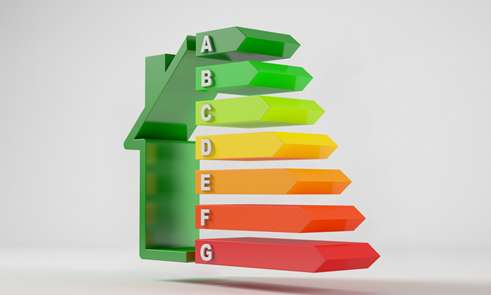Critical Tips To Consider When Hiring A Home Contractor
 Hiring a home contractor can be a daunting task, as the success of your home renovation or construction project depends largely on the competence of the contractor you choose. Here are some critical tips to consider when hiring a home contractor:
Hiring a home contractor can be a daunting task, as the success of your home renovation or construction project depends largely on the competence of the contractor you choose. Here are some critical tips to consider when hiring a home contractor:
Research: Do thorough research on potential contractors before hiring them. Check their credentials, licenses, certifications, and experience. Also, look for reviews and testimonials from past clients to get an idea of their work quality.
Get multiple quotes: Request quotes from multiple contractors and compare them. This will give you an idea of the average cost of the project and help you choose the contractor that offers the best value for your money.
Check for insurance: Ensure that the contractor has liability and worker’s compensation insurance. This will protect you from liability in case of accidents or injuries on the job site.
Define the scope of work: Clearly define the scope of work and project specifications in writing. This will help avoid misunderstandings or disagreements later on.
Set a timeline: Establish a realistic timeline for the project and make sure the contractor agrees to it. This will ensure that the project is completed on time and within budget.
Communication: Effective communication is crucial when working with a contractor. Make sure that the contractor is responsive and easy to communicate with, and that you are comfortable asking questions and expressing concerns.
Contract: Sign a contract that outlines all the terms and conditions of the project, including payment schedules, warranties, and dispute resolution procedures.
By following these critical tips, you can hire a reliable and competent home contractor who can deliver quality work on time and within budget. When contacting previous clients, be sure to ask specific questions about their experience, such as whether they completed the project on time, if they stayed within budget, and if they were responsive to any concerns or issues that arose during the project. This information can help you make an informed decision when choosing a contractor and give you peace of mind knowing that you have hired a competent and reliable professional.
 In today’s environmentally conscious world, finding ways to save on energy costs has become increasingly important. One effective method to achieve both goals is by conducting a home energy audit. A home energy audit is a comprehensive assessment of your home’s energy efficiency and helps identify areas where energy is being wasted.
In today’s environmentally conscious world, finding ways to save on energy costs has become increasingly important. One effective method to achieve both goals is by conducting a home energy audit. A home energy audit is a comprehensive assessment of your home’s energy efficiency and helps identify areas where energy is being wasted. Mortgage loans are an essential aspect of financing the purchase of a property. Among the various types of mortgages available, one option that may be advantageous for both buyers and sellers is an assumable mortgage loan.
Mortgage loans are an essential aspect of financing the purchase of a property. Among the various types of mortgages available, one option that may be advantageous for both buyers and sellers is an assumable mortgage loan.